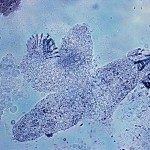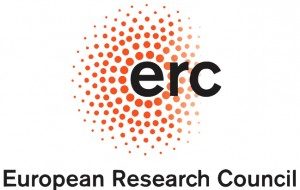About
Malaria parasite infection in humans has been called “the strongest known force for evolutionary selection in the recent history of the human genome”, and we hypothesize that a similar statement may apply to the mosquito vector, which is the definitive host of the malaria parasite. We previously discovered efficient malaria-resistance mechanisms in natural populations of the African malaria vector, Anopheles gambiae. The first aim of the proposed project will implement a novel genetic mapping design to systematically survey the mosquito population for common and rare genetic variants of strong effect against the human malaria parasite, Plasmodium falciparum. A product of the mapping design will be living mosquito families carrying the resistance loci. The second aim will use the segregating families to functionally dissect the underlying molecular mechanisms controlled by the loci, including determination of the pathogen specificity spectra of the host-defense traits. The third aim targets arbovirus transmission, where Anopheles mosquitoes transmit human malaria but not arboviruses such as Dengue and Chikungunya, even though the two mosquitoes bite the same people and are exposed to the same pathogens, often in malaria-arbovirus co-infections. We will use deep-sequencing to detect processing of the arbovirus dsRNA intermediates of replication produced by the RNAi pathway of the mosquitoes. The results will reveal important new information about differences in the efficiency and quality of the RNAi response between mosquitoes, which is likely to underlie at least part of the host specificity of arbovirus transmission. The last part of the project will make significant contributions to understanding malaria and arbovirus transmission, major global public health problems, will aid the development of a next generation of vector surveillance and control tools, and will produce a definitive description of the major genetic factors influencing host-pathogen interactions in mosquito immunity.



